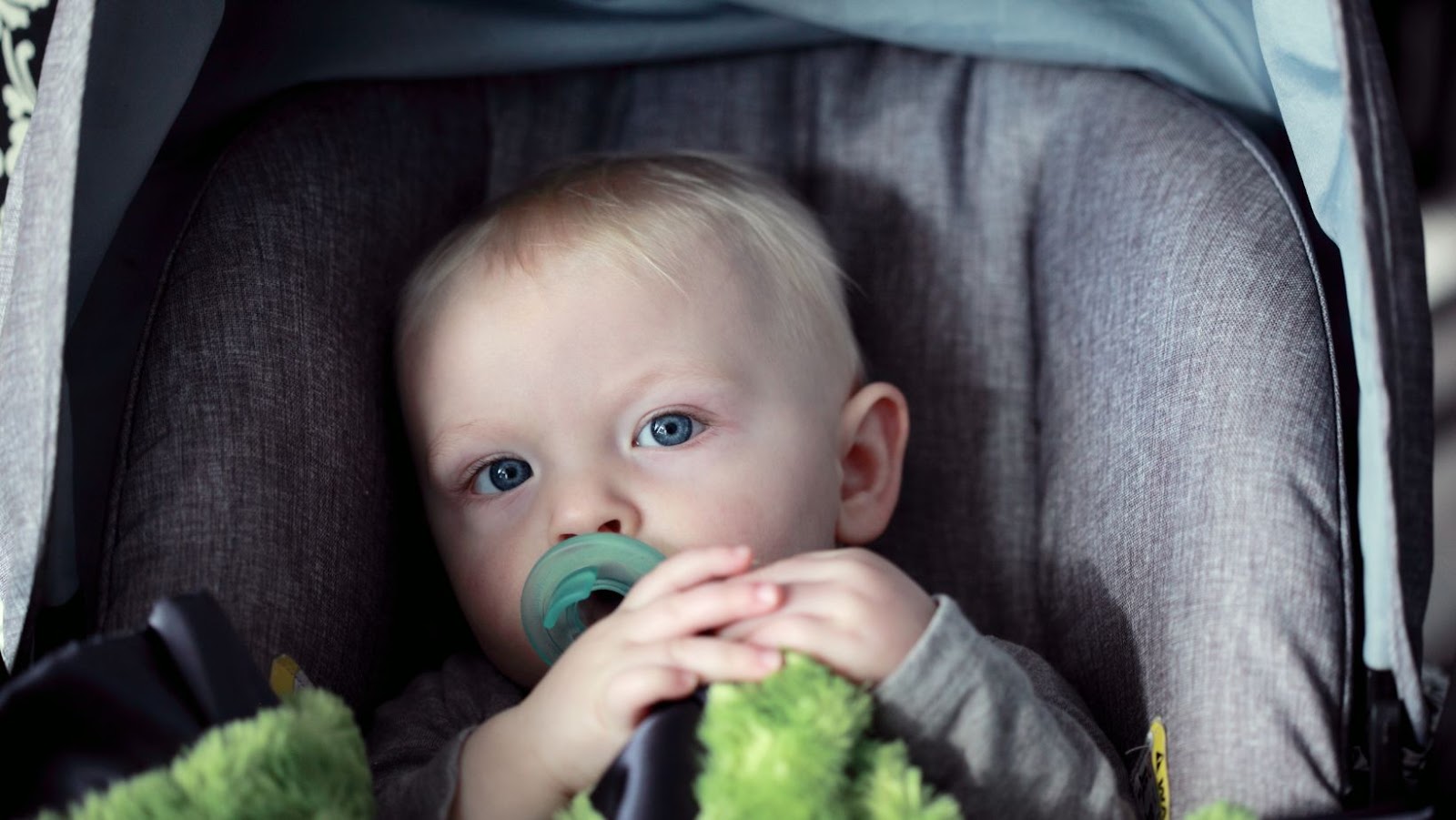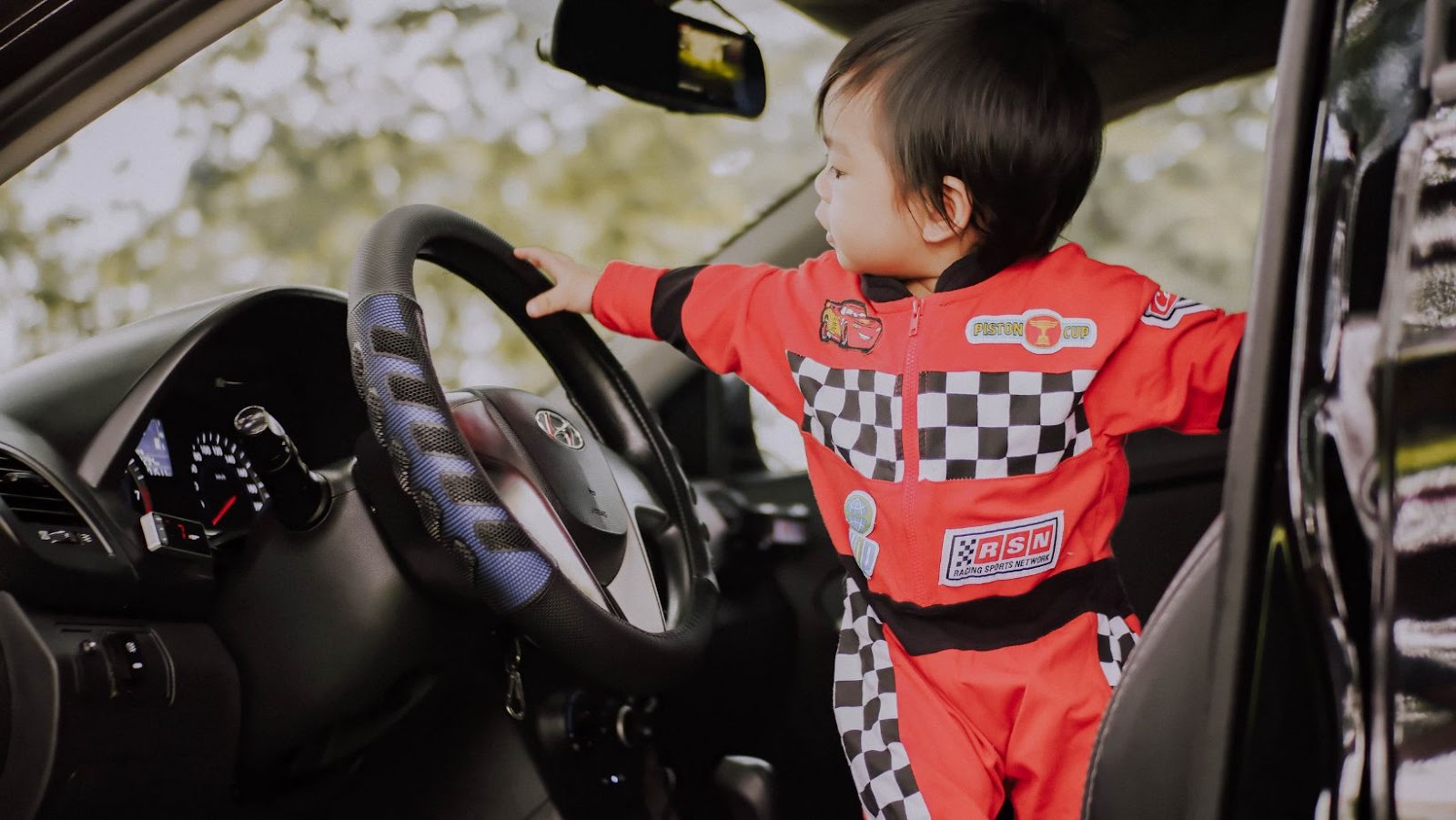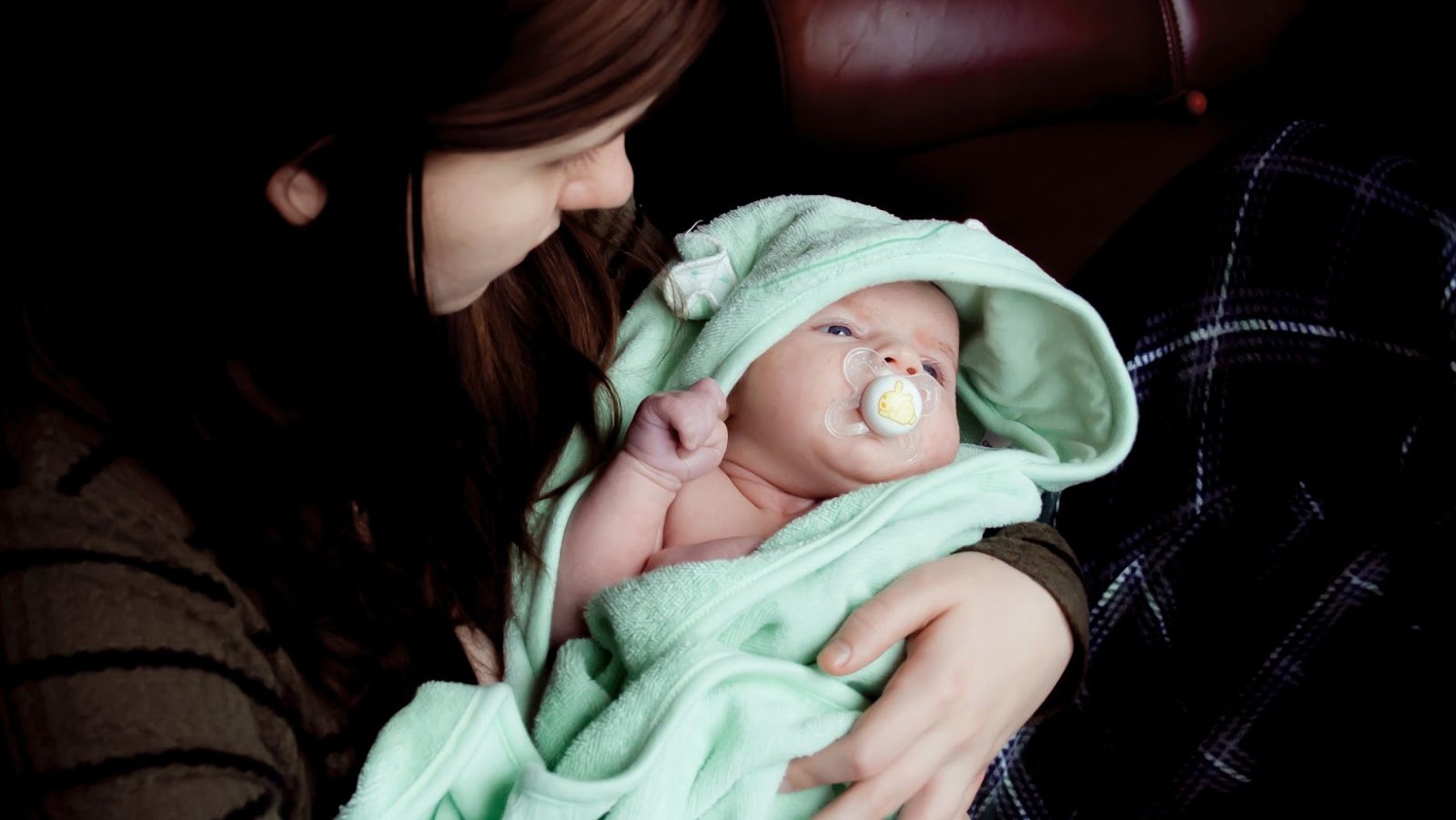 The stress of traveling with a newborn, especially for new parents, may make you want to avoid doing so unless it’s indispensable. Preparing a baby kit, traveling with a spouse or other adult companion, and selecting the appropriate seating is essential. It’s also necessary to ensure the baby gets fed on schedule and has something to do to pass the time. Here are a few tips for keeping your child safe on your next trip:
The stress of traveling with a newborn, especially for new parents, may make you want to avoid doing so unless it’s indispensable. Preparing a baby kit, traveling with a spouse or other adult companion, and selecting the appropriate seating is essential. It’s also necessary to ensure the baby gets fed on schedule and has something to do to pass the time. Here are a few tips for keeping your child safe on your next trip:
Car Seats Facing Backward
Before the age of four, transporting children in car seats was the most secure option. The American Academy of Pediatrics recommends fitting your baby for a travel car seat up to the age of two. Always ensure you are within the car seat manufacturer’s guidelines for height and weight.

If your child weighs a little more or is a little taller than the car seat’s maximum height or width, go elsewhere. You must always use a seat officially certified as safe by the relevant government safety organization. Avoid the front seats altogether if you’re using a rear-facing car seat, as the airbag deployment could cause the seat to be propelled forward.
Check for Favorable Weather
Schedule your car journey with the infant when the weather is expected to be good, and the roads are clear. Especially with a broken AC, a trip in the blazing heat can be unpleasant, and driving in the rain or snow is risky. If you must travel in the rain, choose a route with frequent rest areas and minimal puddles. Make sure to have enough fluids for your kid if you plan on traveling during the summer.
Never Leave a Baby in a Car Alone
Never leave a baby in a car, no matter how soon you expect to return. If you have to get out of the car for whatever reason, take the infant with you or leave an adult inside. The inside temperature can rise quickly when the engine is turned off. The infant’s body temperature may rise rapidly, putting them at risk for heat stroke.
Adult Accompaniment
On long car rides, it’s best if an adult can sit next to the baby. If you must travel without another adult, a baby vehicle mirror secured to the back seat headrest is an absolute must. When installed, the mirror will allow you to see your kid in the rear-facing car seat through your rear-view mirror.

A great way to keep an infant entertained on long car rides is to tape bright pictures with nursery colors to the back of the second-row seats. This will prevent them from being fussy.
Updated Immunizations
You should get your infant immunized before any trip, whether in a car, an airplane, or a foreign country. To ensure your child remains healthy throughout their life and especially while traveling, it is essential that you adhere to the recommended immunization schedule. If you’re planning a trip abroad, you should know that some destinations have stricter vaccination requirements than others.
Before booking any international travel, check in with your child’s doctor for particular recommendations, and get in touch with the relevant government agency in your country for more general information on childhood immunizations. This travel advice applies to all ages of young children, from newborns to preschoolers, because vaccines and booster shots are necessary.
Traveling with a child can be challenging, especially for a fussy one. It might be challenging to care for a young child while carrying oversized baggage and souvenir bags. In addition, different modes of transportation may present new challenges when traveling with a young child. You and your kid need to be safe and comfortable despite all the difficulties.























